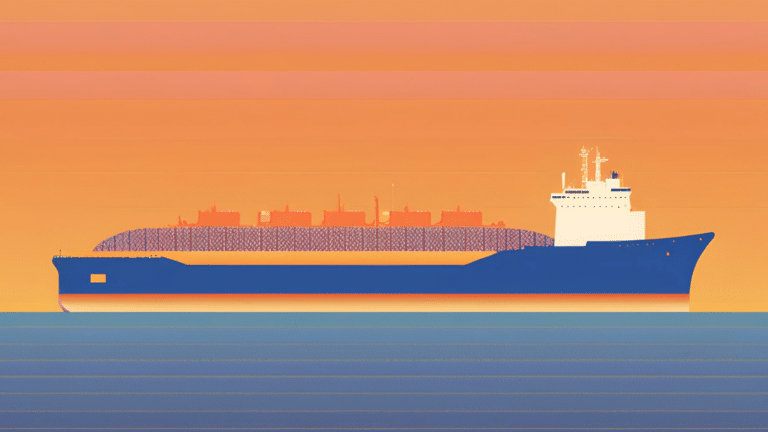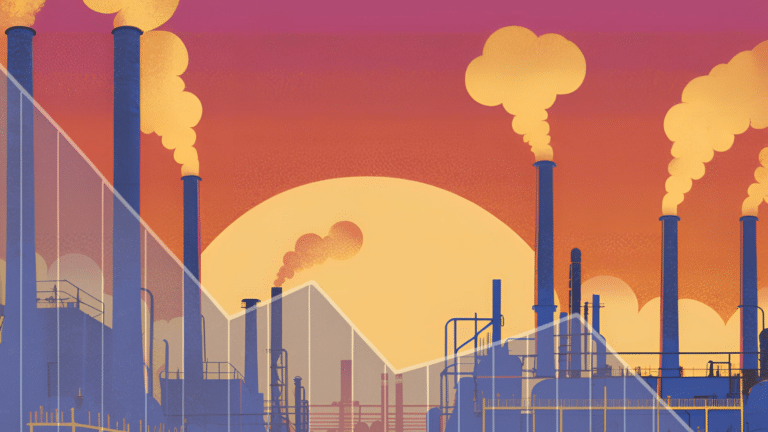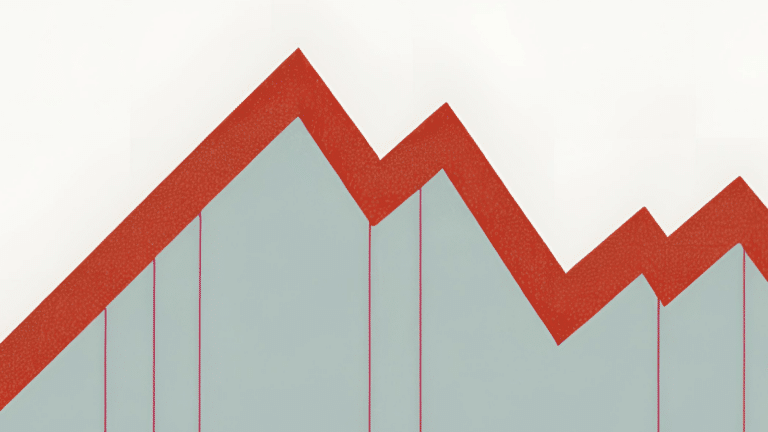Big banks predict catastrophic warming, with profit potential
Morgan Stanley, JPMorgan and an international banking group have quietly concluded that climate change will likely exceed the Paris Agreement's 2 degree
Current Access Level “I” – ID Only: CUID holders, alumni, and approved guests only
External Publications by Christof Rühl • May 02, 2022
Abstract
The world is witnessing an unprecedented episode of ‘economic warfare’, with more than 30% of global GDP (the G7’s share) pitched against 11% of global energy production (Russia’s share). This paper analyzes oil sanctions against Russia. It shows that the risk of tighter sanctions backfiring, and harming the economies of the sanctioning countries, is manageable. In terms of sanction design, sanctions and embargo announcements have so far been decentralized and voluntary. In previous episodes, sanctions have been enforced, and breaching them was punished. The paper asks whether the unilateral or the mandated model will be more successful in maximizing damage to Russia’s energy revenues, while minimizing economic damage to the sanctioning alliance. Given the scale of Russia’s supplies, a gradual approach is called for. The optimal strategy uses unilateral sanction picking as long as Russian energy exports are large enough to pose a systemic threat; and sanction enforcement thereafter.
Calls to "Drill, baby drill" are back with Donald Trump's return to the White House, and for US natural gas production, the catchphrase might also be a necessity...

China’s demand for oil, long an important driver of global oil demand growth, slowed dramatically during January–September 2024. Between 2000 and 2023, China accounted for 50 percent of...

The US Federal Reserve (Fed) commenced its monetary easing cycle on Wednesday with an aggressive 50 basis points policy rate cut. The United States is not alone in...

Full report
External Publications by Christof Rühl • May 02, 2022